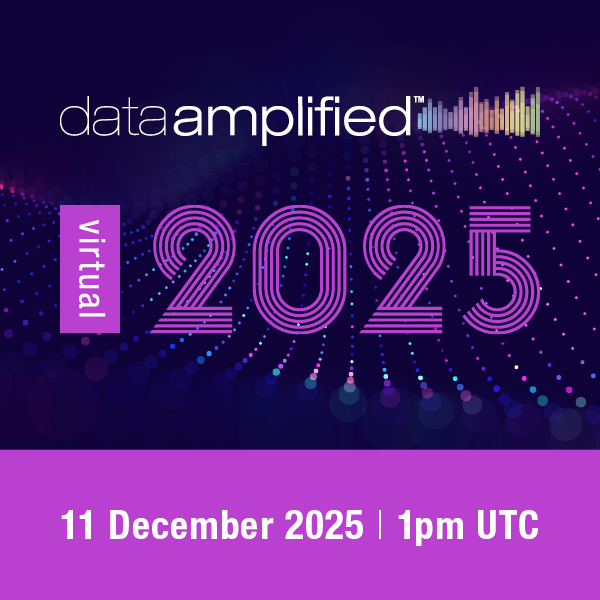XBRL means faster, cheaper analysis of sustainability disclosures, but few are ready to take advantage

Sustainability reporting is at a crossroads. Countries around the world are adopting sustainability and climate reporting standards, but most of that information is trapped in PDFs. That means slower, more expensive analysis, and a missed opportunity to harness the full power of growing volumes of sustainability data.
A new analysis from the MSCI Sustainability Institute (with a little help from XBRL International) reveals that while few countries are currently preparing for digital sustainability reporting, a handful of trailblazers are showing what’s possible when sustainability disclosures leverage XBRL from the outset.
India is ahead of the curve, as the only country currently to have mandated digital sustainability reporting. In the research, the Institute used Indian BRSR (Business Responsibility and Sustainability Reporting) disclosures to pit XBRL against AI, testing how efficiently they could pull data from reports. They found that, after initial set-up, using python scripts to extract data from XBRL reports was up to 10 times faster than parsing unstructured PDFs using AI-based natural-language processing. XBRL offered a faster route to actionable insights, with significantly greater accuracy.
Those are impressive efficiency advantages for XBRL – but of course, XBRL and AI are not necessarily rivals. In fact, they can be complementary tools. Some of the most powerful future approaches to understanding sustainability performance will likely involve a combination of the two, with structured data providing the solid foundation for reliable and efficient AI-driven analysis (see below in this newsletter for more).
XBRL powers up reporting, yet troublingly, few are ready to reap the benefits in the sustainability arena. A review of more than 30 jurisdictions shows a clear global mismatch between the rollout of sustainability reporting regulations and digital reporting capabilities. Interestingly, many of the most active implementers are not established digital success stories but emerging markets. Their experience offers valuable lessons: the importance of ongoing improvement and adjustment, of communication and education, and the need to build a digital mindset.
To truly unlock the power of sustainability data for performance insights and investment decision-making, more countries need to follow the lead of early adopters like India. Digital reporting is an essential part of ensuring that disclosures are timely, comparable, and actionable.
Read more here.






